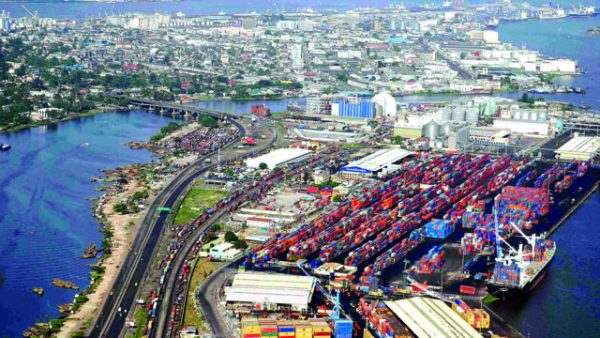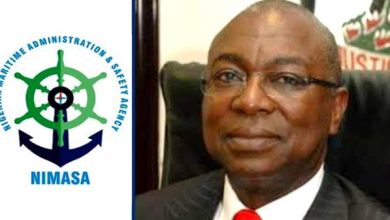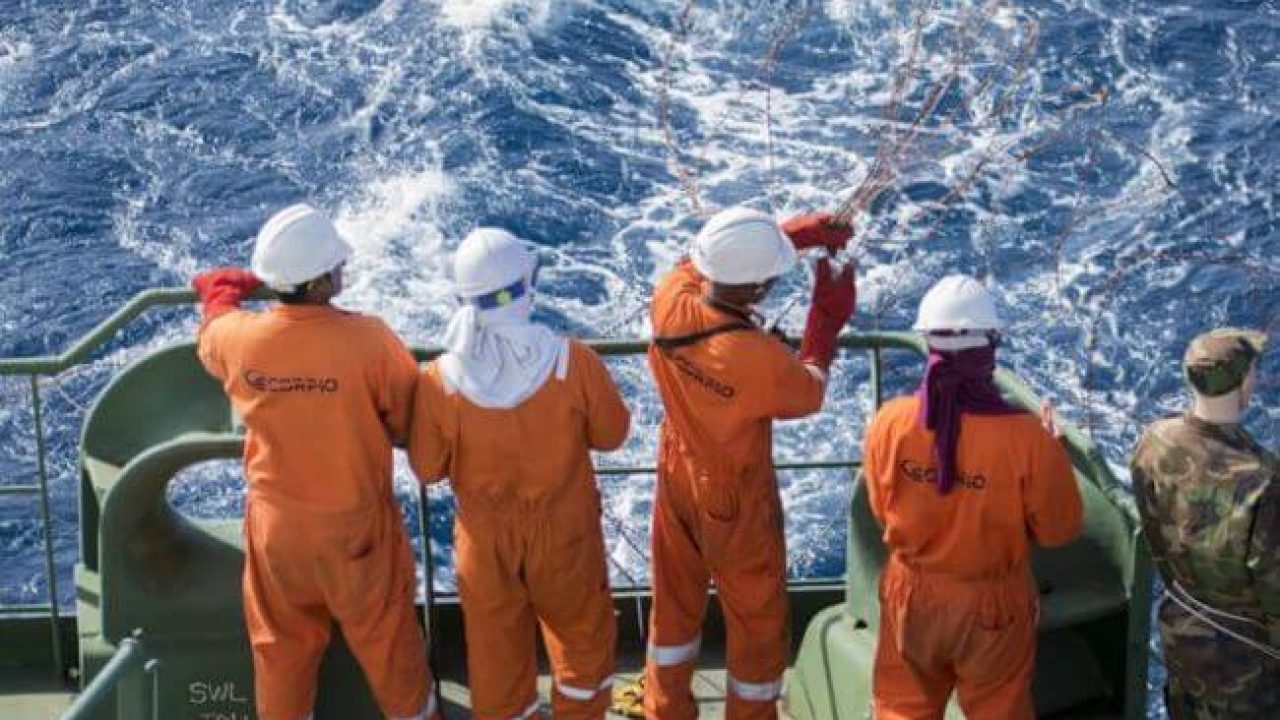Customs exploit process automation at TinCan Port

To facilitate balance of trade through exports, the Nigeria Customs Service (NCS), TinCan Island Port Command, has embarked on full automation of exports procedures as a panacea for seamless transactions.
Customs Area Controller, TinCan Island Port, Mba Musa, who disclosed while giving the half-year report of the Command in Lagos, said the automation scheme led to an unprecedented increase in export to about 150,930.7 metric tonnes (MT), and Free on Board (FoB) value of N68.8 billion during the period, against 118,452.87 MT with FOB N63.1 million recorded same period in 2018.
The Command also generated and collected a total of N179.2 billion between January and July 10th 2019.
Musa said: “The milestones recorded in the area of export are clearly indicative of awareness by stakeholders on the available opportunities inherent in export business,” and assured of continuous sensitisation to encourage prospective exporters.
He said the Command would leave no stone unturned in the area of anti-smuggling given the devastating effect of smuggling to the nation and implications on lives and security.
“Consequently, deliberate and concerted efforts are being made to ensure that examination and releasing officers remain proactive/pre-emptive in the discharge of their statutory functions,” he stated.
He said the Command also recorded seizures of 5 x 40ft, and 4 x 20ft containers consisting of various illicit goods during the period under review, ranging from used tyres and used rims, bags of rice, cartons of Tramadol, and other pharmaceuticals with a total Duty Paid Value (DPV) N1.1 billion.
Musa reiterated support for the facilitation of legitimate trade, which necessitated the creation of various platforms for speedy resolution of disputes and related issues.
The platforms include regular stakeholder engagement and feedback; dispute resolution committee; time release studies; help desk; one-stop-shop, and fast track facilities, which had facilitated speedy resolution of disputes arising from valuation, classification, Pre-Arrival Assessment Report (PAAR), among others.
Musa said the Command is also working out modalities for the use of barges in transferring cargo from the mother port to off-dock terminals, with a view to reducing congestion, and speeding up cargo delivery due to increases in cargo throughput, and overstretching of road infrastructure.








